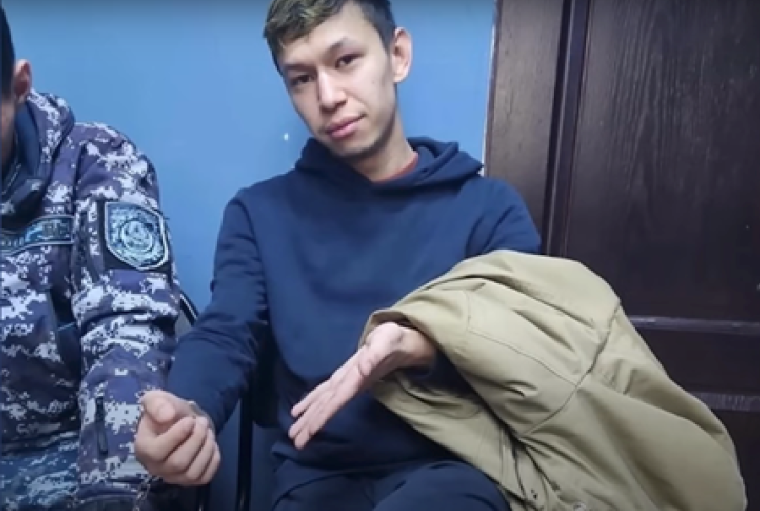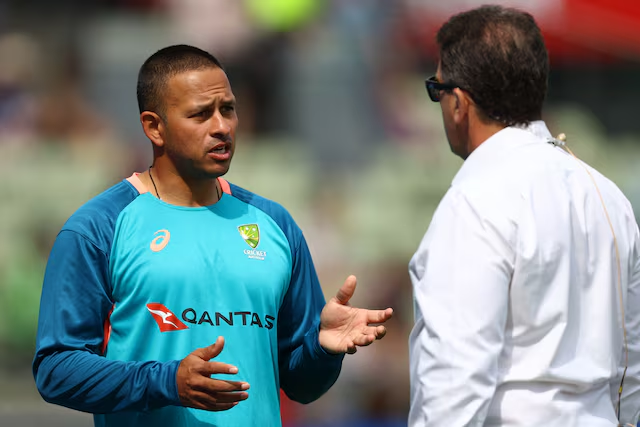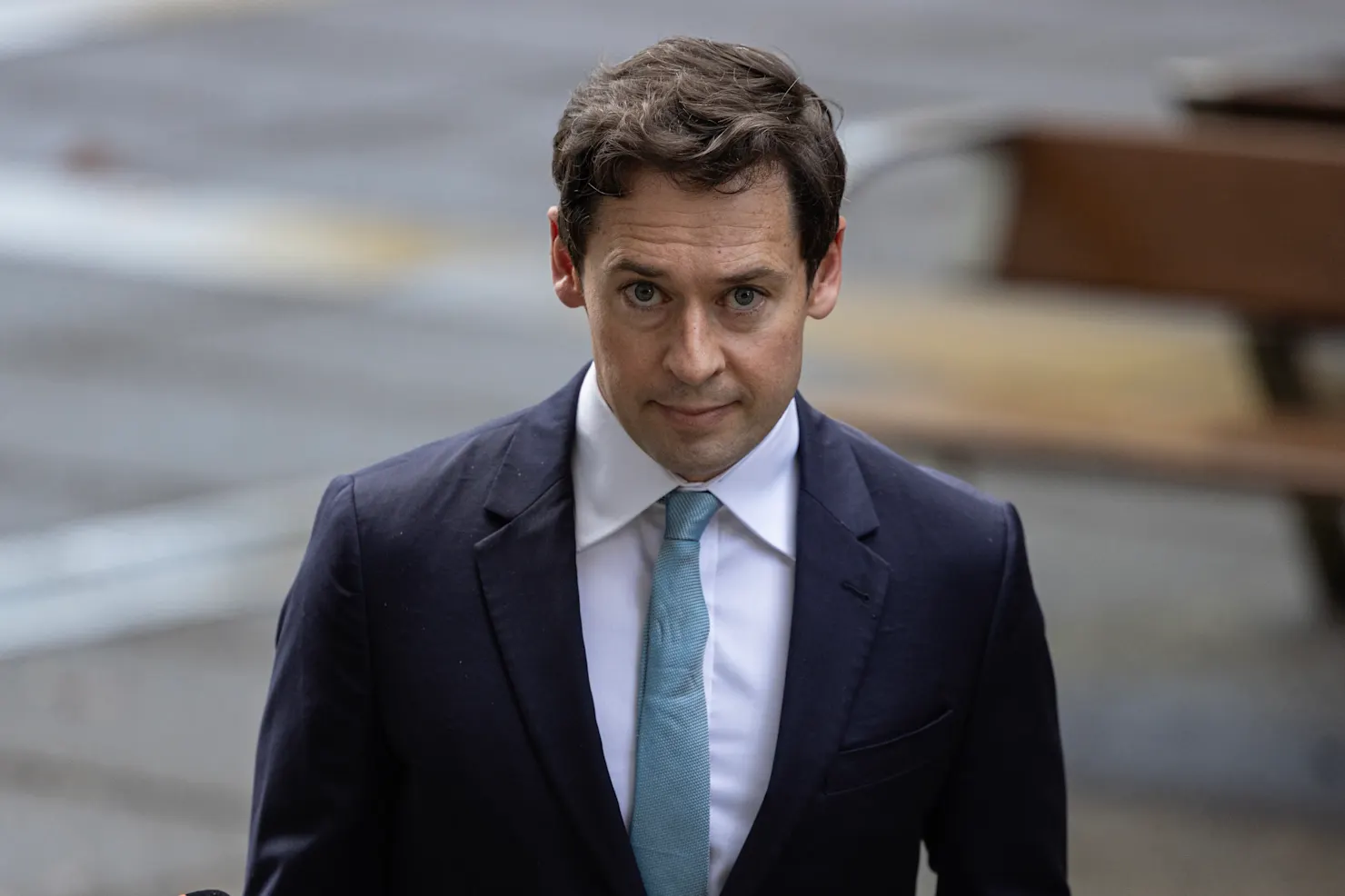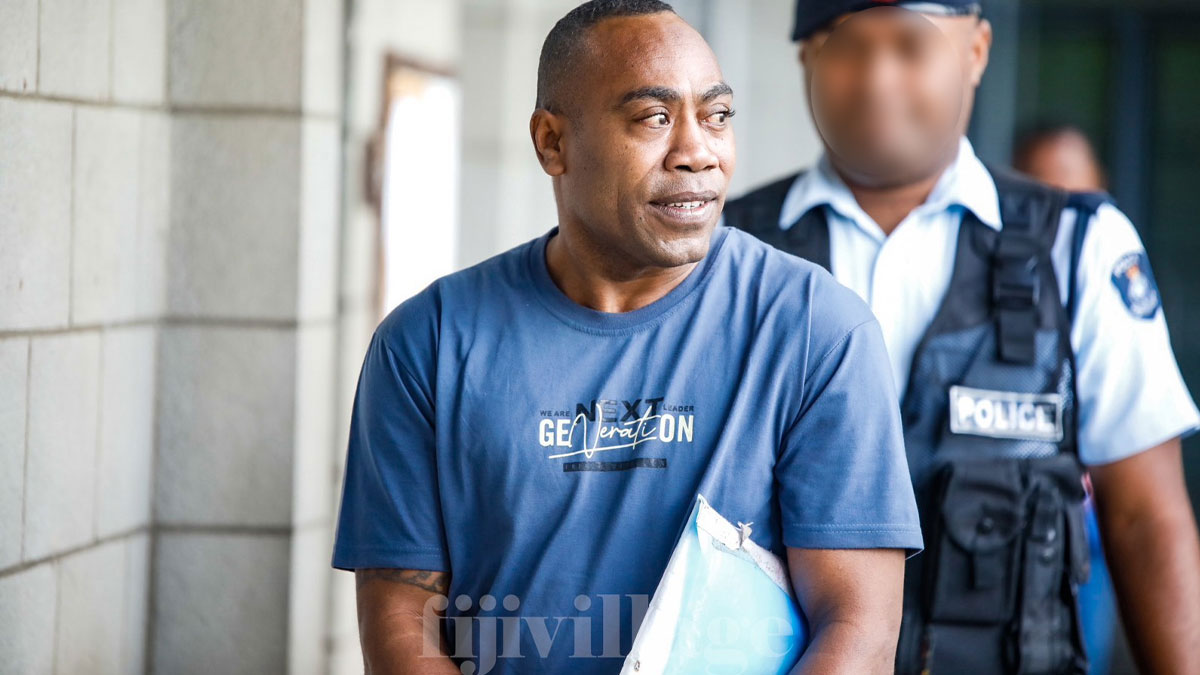Australian cricketer Usman Khawaja has publicly defended veteran sports journalist Peter Lalor after he was removed from SEN Radio’s commentary team for expressing support for Palestinians during the Gaza conflict. Lalor, who has reported on cricket for decades, was taken off the air after he shared and liked social media posts criticizing Israel’s actions in Gaza. His dismissal sparked a wider debate about media neutrality, freedom of expression, and the treatment of those speaking out about the humanitarian crisis in Palestine.
Lalor stated that his posts aimed to highlight human suffering in Gaza and were not intended to be antisemitic or politically biased. However, SEN management reportedly received several complaints labeling his posts as “unbalanced” and “insensitive to one side.” The network then decided to remove him from their broadcast coverage. Lalor defended himself on social media, saying he was punished for drawing attention to injustice and speaking up for innocent lives.
Usman Khawaja, who has himself faced restrictions over his own advocacy for Gaza, came to Lalor’s defense. In an Instagram post, Khawaja called the decision “unbelievable” and emphasized that standing up for the rights of people in Gaza is not the same as being against a particular group. He stressed that calling out a government’s actions should not be misrepresented as a blanket attack on its people or religion.
Khawaja’s support reignited conversations about the silencing of voices that express solidarity with Palestinians and the increasing pressure journalists face when addressing politically sensitive issues. Many supporters of Lalor argue that his dismissal reflects a growing intolerance toward criticism of Israel and is part of a broader effort to control the narrative around the Gaza war.
While SEN’s management has maintained that the decision was made in consideration of audience diversity and public responsibility, critics believe it sets a dangerous precedent. The situation highlights the fragile line media professionals must walk when personal conscience collides with corporate caution, and how global conflicts continue to impact careers far from the front lines.

